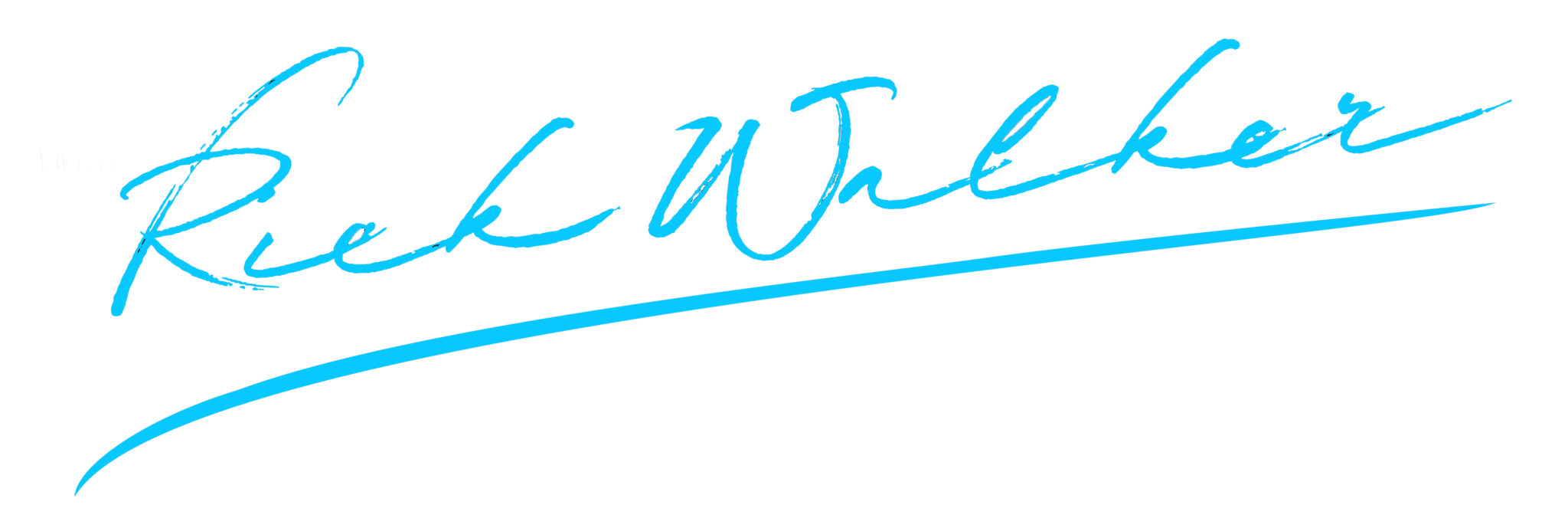Paradoxical Principles – When a Seeming Untruth Is Actually Profound Truth
How Reason Alone Is Rarely Enough to Carry Us
" The opposite of a correct statement is, necessarily, an incorrect statement. But, the opposite of a profound truth may well be another profound truth. – Bohr "
Tweet this
I was not always a thinking man, at least not at the level you see today. In the halcyon days of my youth, I was but a humble music-business major. Chord, verse, and refrain were my philosophies, but I was not so open to music that I had become closed to the rest of the world.
I always had a vociferous appetite for knowledge of any kind.
In college, I took a class on the Philosophy of Science. As a music-business major, I was not smart enough to comprehend the reading, but I was good on my feet and could argue. Some are smart – the rest of us just show our foolishness with our tongue. But there, I learned a little about truth.
The 1922 Nobel Prize winner in physics, and philosopher, Niels Bohr, studied at the intersection of atomic structures and quantum theory. He broke away from classical physics to find truths of physics intersecting at atomic and subatomic levels; he understood the laws of physics didn’t always apply.
At the root of quantum physics is the realization that you cannot know an electron’s precise location, only some probability of the local approximation. It may even be possible that an electron could be both here and there at the same moment of measurement.
In some sense, the sense-less overcomes time and space.
This is contrary to the traditional physics of matter. It is also contrary to our understanding of time.
It also appears to be true.
Bohr understood paradox.
“The opposite of a correct statement is, necessarily, an incorrect statement. But, the opposite of a profound truth may well be another profound truth.”
I slowly began to see ideas of paradox creep in from every domain. Dying to lie. Giving to get. Serving to master. Even from science. And on a rainy afternoon, leaning back in my office chair while leaning in to understand Bohr.
I then saw this as well from this excerpt from Philosopher Lao Tzu’s Eastern Masterpiece, Tao Te Ching:
"If you want to become whole, let yourself be partial.
Tweet this
If you want to become straight, let yourself be crooked.
If you want to become full, let yourself be empty.
If you want to be reborn, let yourself die.
If you want to be given everything, give everything up. – Lao Tzu"
The striking prose with which these inversions move show the proper responses we are encouraged to have when confronted by reality.
Honesty sees beyond mere word formulation.
My small mind and languishing language will always fall short of exuberant experiences of the infinite truth. So I secretly try a solitary song to measure the immense.
But when I behold infinite beauty, silence becomes my only fitting worship.
This is the very nature of the paradox of the eternally infinite: reason can only climb so far and must let the imagination carry us from there.
"Imagination, which in truth Is but another name for absolute power And clearest insight, amplitude of mind, And reason, in her most exalted mood. – William Wordsworth"
Tweet this
Tolkien, Martin, and Rowling all understood this as they created new worlds and, so verily captured hearts and minds for nearly a century.
"The infinite frightens men,
Tweet this
so we tell ourselves lies;
whiffing past the deep thoughts to
escape what grandeur may surmise."
We love our lies as we live our lies.
Born to stand up, I prefer to lie down.
I really should kneel.



